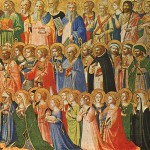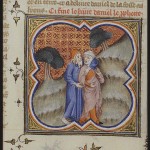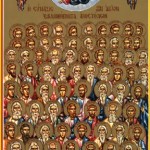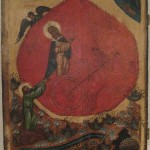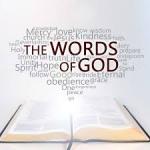Jeremiah 1:4-10 and/or Isaiah 58:9b-14 What It’s About: Isaiah and Jeremiah are two of the greatest and most important prophets in the Hebrew Bible, and these passages serve as short synopses or thesis statements for the two books. They do so in different ways, though. The Jeremiah text is from the very beginning of the book–probably, actually, the “original” beginning (if we can really speak of an original in a text like this), since verses 1-3 were probably a later editorial... Read more


